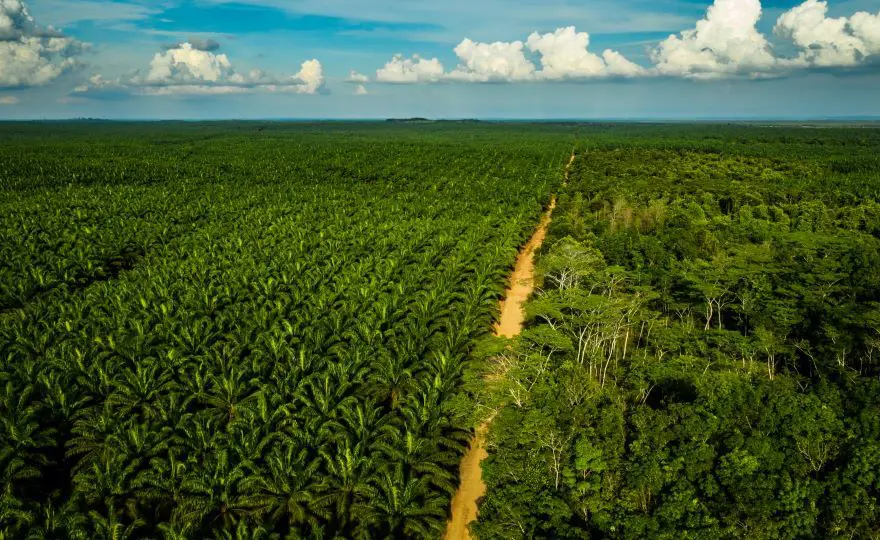ClientEarth Communications
20th May 2020


Environmental lawyers from ClientEarth have developed a first of its kind legal toolkit to support laws that enshrine the management rights of indigenous and local communities over forests worldwide.
Mounting evidence shows that forest-dependent communities around the world play a key role in protecting rainforests, their biodiversity and the carbon they store. However, their rights to these resources often fail to be properly recognised.
Drawing lessons from the community forestry models of Nepal, the Philippines and Tanzania, our legal experts have developed a toolkit to provide governments and communities with legal guidance and procedures to implement community forestry laws.
Our legal experts expect the toolkit could be helpful for communities and governments in tropical forest countries, including in West and Central Africa, Latin America and in Southeast Asia.
In Southeast Asia countries have been reforming their laws to hand over management of forests to the people depending on them. ClientEarth tested the toolkit with government representatives from the region last November, during a ‘policy dialogue’ meeting, together with non-profit The Center for People and Forests (RECOFTC) and the Association of Southeast Asian Nations Working Group on Social Forestry (ASEAN-SF).
To ensure a strong legal framework, ClientEarth’s toolkit lays out a comprehensive suite of questions that decision-makers can use to develop and review legislation. This includes:
As national laws must be tailored to each country, the toolkit is built to be highly adaptable. It can be adopted by a variety of groups, including civil society organisations advocating for improved community rights.
The guidance seeks to ensure that forestry laws reflect community customs and use of land, while encouraging participation from all community members, including women and indigenous people.
National laws are the cornerstone of improved forest management. The success of community forestry laws requires effective implementation to achieve healthier forests, while providing economic and social benefits to the people who inhabit them.
Community forestry is a broad term, including different models of forest management by and for local communities and indigenous peoples. Typically, communities will apply for the right to use their local forest through a management plan. Then, the authority will assess how the plan contributes to sustainable management.
Community management of forests has many benefits. When regulated with robust laws, it can help halt deforestation, mitigate climate change and preserve biodiversity. Clear and participatory laws also help empower communities to use, manage and benefit from their forests.
The ClientEarth toolkit was developed after analysing the laws of three countries with long-standing successful community forestry models: Nepal, the Philippines and Tanzania.
Once developed, the toolkit was tested in Thailand, where ClientEarth held workshops with non-governmental organisations and government representatives from across Southeast Asia who were reforming their community forestry laws.
In an encouraging development, Thailand recently passed an act recognising communities’ forest management rights in 2019, and is consulting with civil society for the development of implementing decrees.
As our work in Southeast Asia grows, the toolkit is planned for use more widely in the region. For example, Cambodia is currently engaging in reform processes on communities’ rights, and the toolkit can be used to strengthen this process. Beyond Southeast Asia, we have used the toolkit to input in the reform of Congo’s forest laws.
ClientEarth’s toolkit helps ensure the progressive political visions behind reforms are properly translated into legal frameworks. This can have a long-term positive impact on forest communities as well as on the conservation of forest ecosystems and biodiversity in the region.
ClientEarth’s toolkit for enabling laws on community forestry is available in English and in French. Please see our document library.